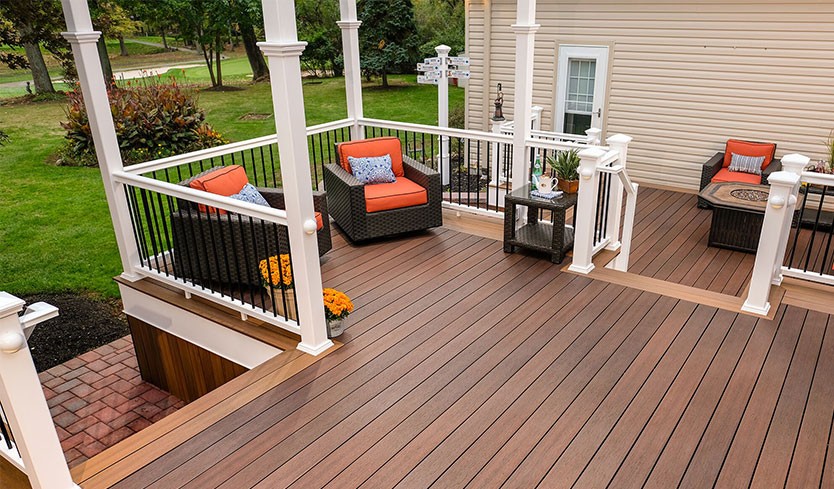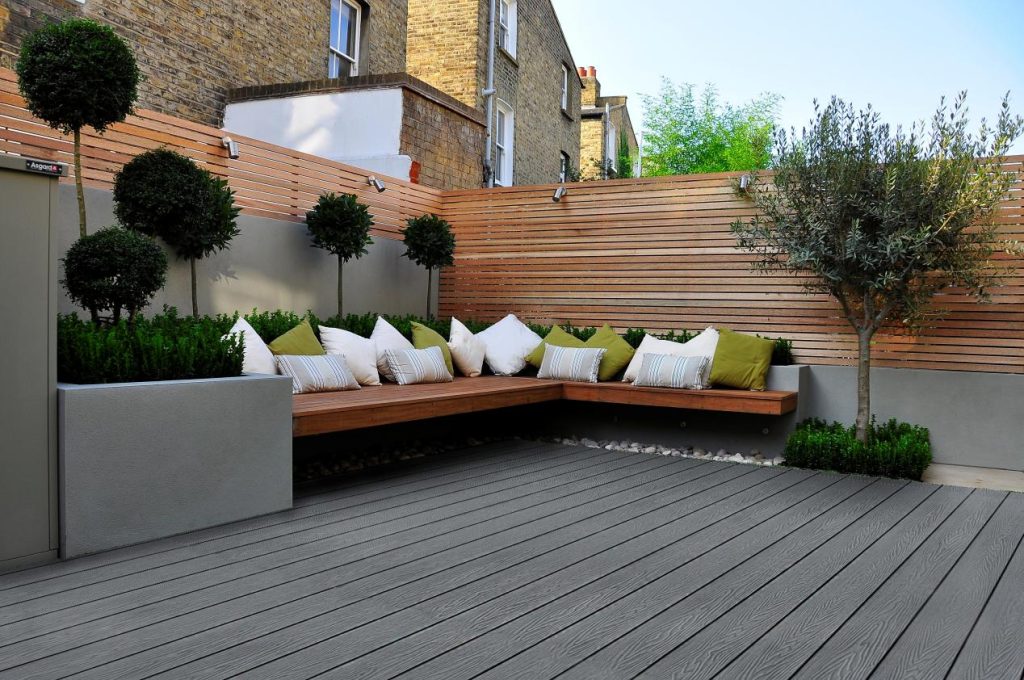Before delving into understanding the WPC Egypt, let’s first provide a brief introduction to WPC for readers who are unfamiliar with it.
Introduction to WPC Materials
Wood-Plastic Composite (WPC) is a versatile material composed of wood fibers or flour and thermoplastics (such as polyethylene, polypropylene, or polyvinyl chloride). It combines the advantages of both wood and plastic to create a durable, weather-resistant, and environmentally friendly material suitable for various applications. WPC is known for its dimensional stability, resistance to decay, and low maintenance requirements, making it increasingly popular in construction, furniture, decking, and outdoor structures worldwide.
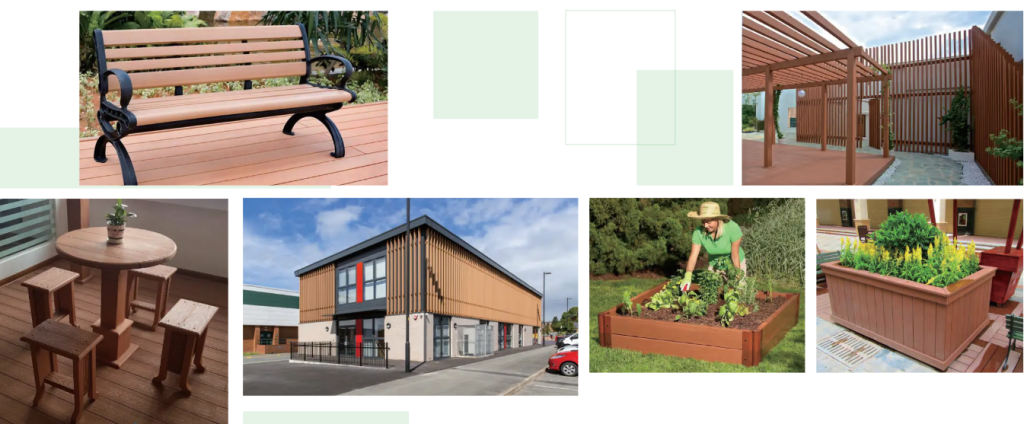
WPC Egypt
WHY Egypt So Fond of WPC?
Benefits of WPC Materials
Durability:WPC is highly resistant to rot, decay, and insects, making it ideal for outdoor applications. Exposure to moisture and weathering is a concern.
Low Maintenance:Unlike natural wood, WPC does not require regular staining, painting, or sealing. The appearance and structural integrity remains with minimal upkeep.
Environmental Sustainability:By utilizing recycled materials and reducing the demand for virgin plastics and wood, WPC contributes to sustainable building practices as well as environmental conservation.
Design Flexibility:WPC can be divided into various shapes, sizes, and textures, allowing for customized designs that meet specific architectural and aesthetic requirements.
Climatic Considerations
The Middle East is characterized by hot, dry climates with intense sunlight and minimal rainfall. These conditions pose challenges for traditional building materials, which may degrade rapidly under such environmental stressors. WPC’s resistance to moisture, UV radiation, and temperature fluctuations makes it particularly well-suited for these regions.
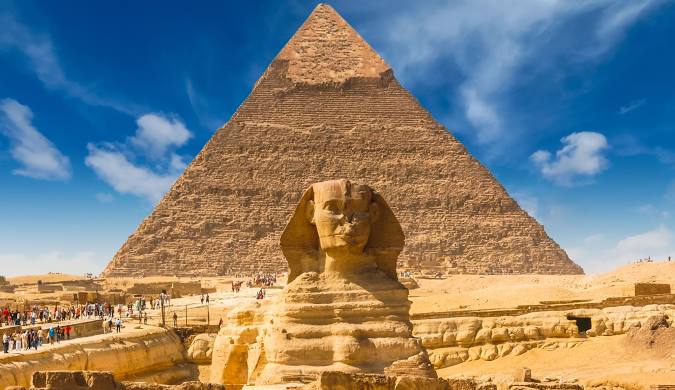
Environmental Impact
The adoption of WPC materials in Egypt and other Middle Eastern countries not only addresses climate-related challenges but also contributes to sustainable development goals. By reducing the reliance on natural wood and promoting the use of recycled materials, WPC helps conserve forests and minimizes environmental degradation associated with logging and deforestation.
Economic Impact
Furthermore, the local production and utilization of WPC contribute to economic growth for this industry, creating opportunities for manufacturing, distribution, and installation services. This localized approach also reduces transportation costs and carbon emissions associated with importing traditional building materials from distant sources.
These characteristics have propelled the widespread adoption of WPC materials across different regions, particularly in areas with harsh climates or where traditional materials may be less suitable, like Egypt.
WPC Applications in Egypt
Decking and Flooring:
The material’s resistance to moisture and heat ensures longevity and minimal maintenance, making it an attractive alternative to traditional wood decking, which may warp or splinter over time.
Furniture and Interior Applications:
Indoor furniture and fittings made from WPC offer durability and aesthetic appeal, catering to modern design trends while maintaining functionality and ease of care.
The Chosen One:Outdoor Structures:
In Egypt, where temperatures can soar during the summer months, and rainfall is minimal, outdoor structures like pergolas, gazebos, and shading structures are essential for creating comfortable outdoor spaces. WPC pergolas have become increasingly popular due to their ability to withstand Egypt’s climate while providing shade and cool areas for relaxation and social gatherings.
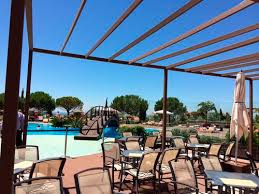
Where Does Egypt Import WPC?
Egypt imports WPC from various countries, Germany, USA, Malaysia, South Korea, India, Turkey and Brazil. While China emerging as a major supplier.
The demand for WPC in Egypt has grown significantly due to its suitability for the country’s climate and its versatile applications in construction, furniture, and outdoor structures. China, known for its advanced manufacturing capabilities and competitive pricing, has become a prominent exporter of WPC materials to Egypt and other global markets.
The import of WPC from China underscores the international trade relations between the two countries and highlights China’s role as a leading producer and supplier of composite materials. Egyptian businesses and consumers benefit from this trade by accessing high-quality WPC products that meet their construction and architectural needs while adhering to international standards of durability and environmental sustainability.
As Egypt continues to develop its infrastructure and urban landscapes, the importation of WPC from China plays a crucial role in supporting these efforts, providing innovative building solutions that enhance both functionality and aesthetic appeal in various projects across the country.
A Case Study
HOSUNG, a prominent WPC manufacturer based in China, contributes significantly to the export volume of WPC to Egypt from China.
As a leading player in China’s WPC industry, HOSUNG specializes in producing a wide range of high-quality WPC products, including decking, fencing, pergolas, and more. Their products are known for their durability, weather resistance, and environmental sustainability, meeting the stringent requirements of international markets, including Egypt.
In the context of exports to Egypt, HOSUNG’s substantial export volume underscores its strong presence and influence in supplying WPC materials to meet Egypt’s growing demand for sustainable and versatile building materials. This export volume highlights China’s pivotal role as a major supplier of WPC to Egypt, facilitating the country’s construction and infrastructure development initiatives with innovative and eco-friendly solutions.
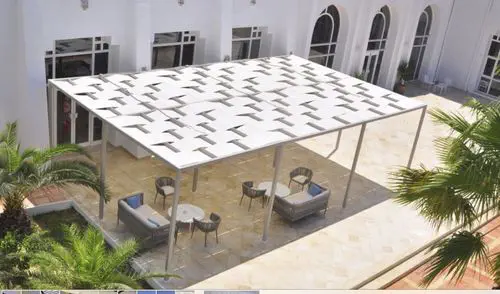
If you are in Egypt and looking to purchase a pergola while trusting in the quality of Chinese manufacturing, you might consider contacting HOSUNG company.
Choosing HOSUNG for your pergola needs not only ensures access to advanced manufacturing technology and competitive pricing but also supports sustainable building practices with eco-friendly materials. Their expertise in exporting to international markets, including Egypt, underscores their capability to provide reliable and innovative solutions for outdoor structures.
Contact HOSUNG via Fax: +86 553 3818181 Email: [email protected] Web:www.hosungwpc.com

